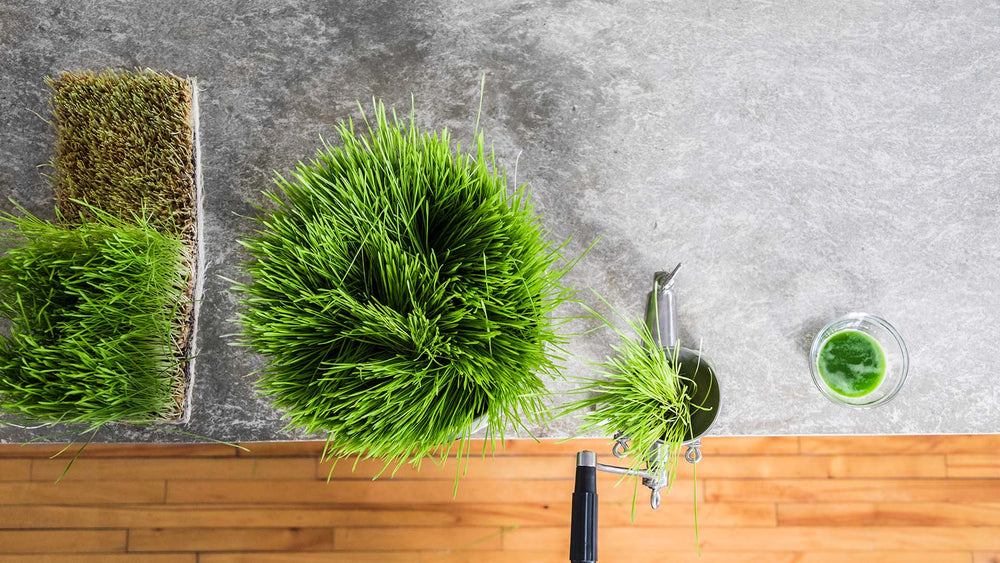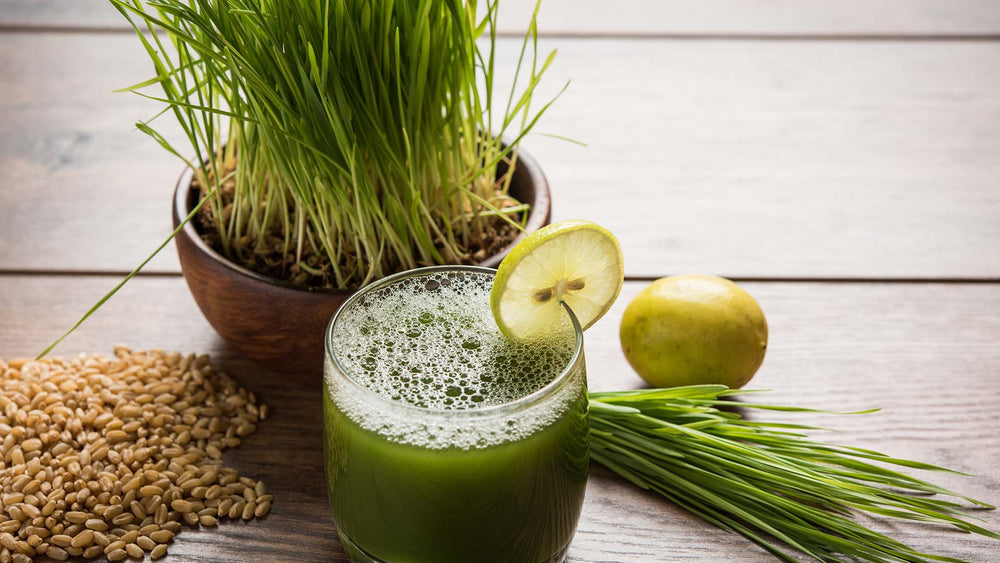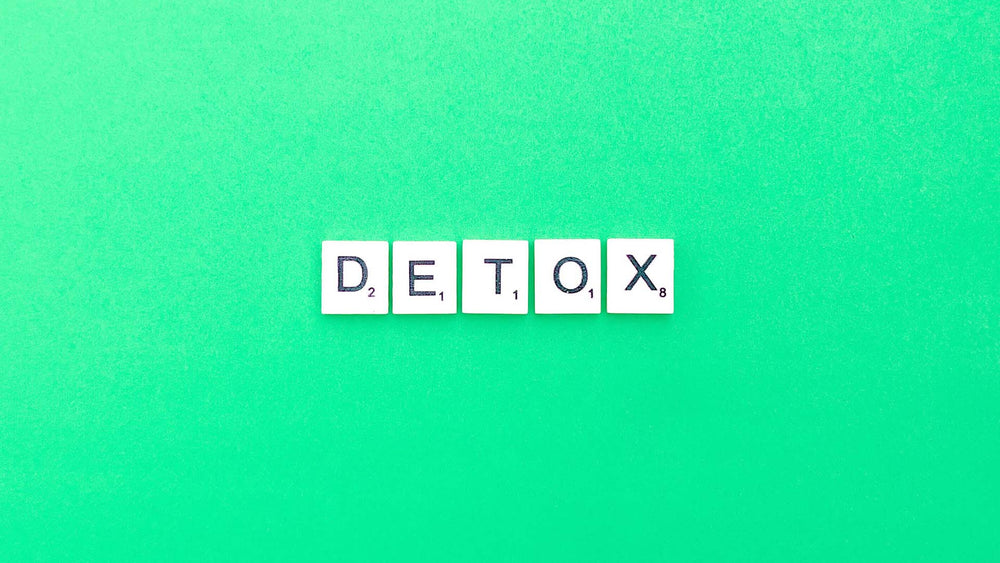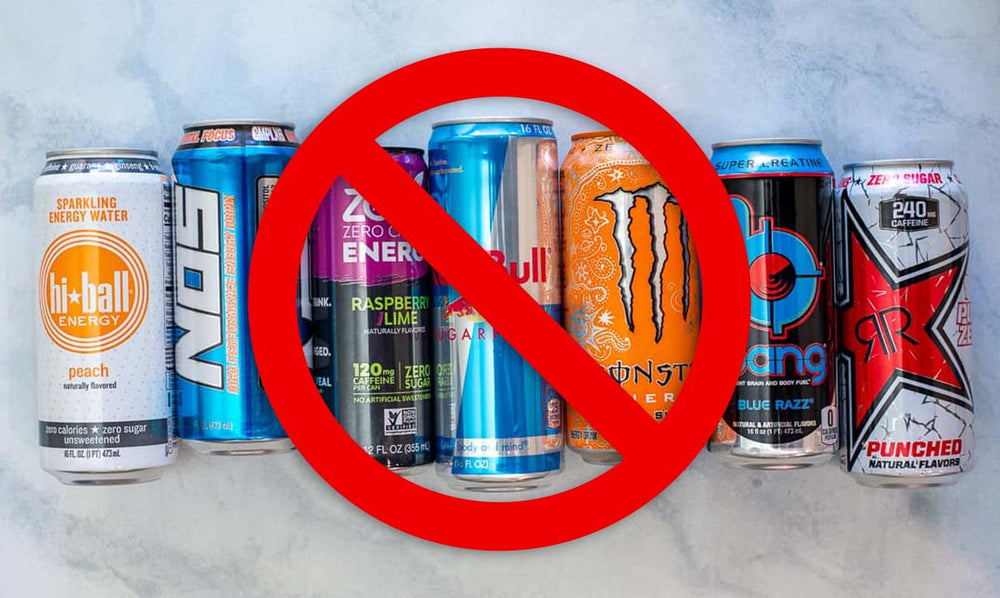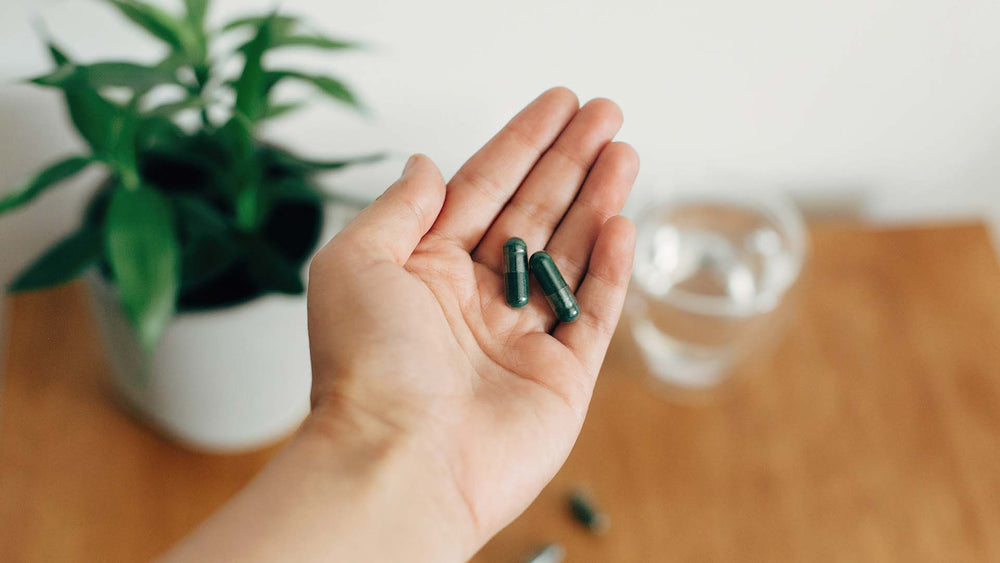The American Psychiatric Association states that the most recent antidepressant medications will not cross from mothers’ breast milk to infants. Despite this, finding a natural remedy for postpartum depression it is in the best interest of Moms and babies.
Natural solutions have little to no side effects for mothers or infants, and contain nutrients (or have calming effects) that boost overall health.
What is Postpartum Depression?
New Moms may experience mood swings during the first two weeks after giving birth. Between 70% and 80% of new mothers experience post-pregnancy blues, and it fades naturally for most women.
When the blues last four weeks or more after your baby’s birth, it becomes postpartum depression. Roughly three million women suffer from postpartum depression yearly, including women who were previously treated for depression.
Symptoms are the same as other Major Depressive Episodes:
- Crying bouts
- Inability to focus
- Anger
- Fatigue
- Insomnia
- Feelings of worthlessness
- Increased or decreased appetite
- Anxiety
Postpartum depression may affect your baby. Children older than one year who had a depressed Mom exhibit more behavioral and cognitive problems than children whose mother wasn’t depressed.
Women with a history of depression, or postpartum depression, are at risk for developing even greater depression after giving birth. Postpartum depression causes a new mother to lack an emotional connection with her infant. She may feel unable to care for the newborn, and develop guilt and feelings of isolation.
Depressed mothers may spend less time breastfeeding their babies, or give up breastfeeding, which can impact the infant’s health.
In some cases, there may be no biological basis for the depression. It may be caused by the stress and challenges pregnancy and childbirth bring to the mother’s life. Lack of family support, financial challenges, and marital dissatisfaction can lead to postpartum depression.
If you or someone you know experiences prolonged feelings of depression following childbirth, look into these ten natural remedies for postpartum depression.
- Skin to Skin Contact
The Journal of Obstetric, Gynecological, and Neonatal Nursing cited study results indicating that six hours of skin-to-skin contact between mother and child during the baby’s first week, followed by two hours a week for the next month reduced depression and lowered cortisol (the stress hormone) in Moms.
Skin-to-skin contact helps the infant bond to the mother, and it release oxytocin in the Mom to boost a feeling of well-being. Three hours a day of skin-to-skin contact could reduce the likelihood of infants crying by 43%. The less a baby cries, the less stress the mother experiences.
- Diet
You probably stayed on a healthy diet during your pregnancy, and it’s important to contain eating well as your breastfeed (or even if you bottle feed). Avoid excess sugar, salt and processed food. Choose fresh or frozen fruits and vegetables over canned ones. Eat only organic poultry, grass-fed beef and wild-caught fish. It’s okay to drink an occasional glass of wine with dinner, but wait three to four hours after consuming alcohol to breastfeed.
- Walking and Physical Activity
Take the baby out in a stroller around the neighborhood or a nearby park.
Walking and any kind of physical activity help release endorphins, “feel-good” chemicals that calm you down by increasing body temperature.
The Journal of Mid-Wifery and Women’s Health has compiled evidence that shows moderate exercise is helpful for women with postpartum depression. Pram (stroller) walking was cited as an excellent exercise method and a way to bond with your baby.
Interval exercise is one of the best types of physical activity. It not only gets endorphins flowing, but it also improves mitochondrial health by putting physical stress on the body. Interval exercise means you exercise to the max for 30 seconds, then rest for 90 seconds, and repeat it several times. Talk to your trainer about what will work best for you, or follow these guidelines for post-pregnancy workouts.
Wait until six weeks after having your baby to work out; 12 weeks if you’ve had a Cesarean Section. Interval training also has cardiovascular benefits and will help you tighten your post-pregnancy tummy.
Walking outdoors or taking a stroll with your baby also gives you more Vitamin D from sunlight, the main source of this mood-enhancing vitamin. Getting 10-20 minutes of sunshine directly on your skin helps alleviate depression.
A Chinese study showed that having an adequate level of Vitamin D in your system 24-48 hours before having your baby will reduce the chance of postpartum depression. It’s important to get out of the house and get some sun during and after pregnancy.
- Homeopathic Medicines
Most Moms know about vitamins and supplements, but homeopathic medicines are a mystery to most people. Unlike supplements, homeopathic medicines are regulated by the FDA as over-the counter medicines. The FDA requires a warning label on these medicines because they have not been tested by medical authorities on pregnant women.
Homeopathic medicines have been used all over the world for 200 years, and there’s no indication that they are harmful to pregnant women. In France, 95% of pharmacists recommend homeopathic medicines to pregnant women.
Ignatia (also called Gelsemium) can help you cope better with bad news and relieve anxiety. It comes from the seeds of the St. Ignatius bean tree, which grows in the Philippines and Southeast Asia. Homeopaths use ignatia to treat specific types of depression and anxiety. Use a 30c potency (or a 6c potency if you’re hypersensitive). One dose is equal to two pellets, and you should take a dose of ignatia once a day if you have mild symptoms or up to four doses if you have severe PPD or anxiety.
The most popular homeopathic medicine for postpartum grief is Natrum muriaticum, or Nat. mur. It is useful when you’re feeling disappointed or get irritated when people try to console you when you’re depressed. Nat. mur also relieves headaches, water retention and other physical symptoms of depression.
Sepia is excellent for women going through hormonal changes after giving birth. Yes, it’s the same sepia used for old photographs. It is made from a safe dilution of cuttlefish ink, the same substance used for sepia photos. Homeopathic sepia is good for women who feel exhausted breastfeeding, or any extreme post-pregnancy tiredness.
5. Vitamins B12, B9 and B6
High levels of homocysteine in the blood are an accurate indicator of postpartum depression. An article in the Asian Journal of Psychiatry showed women with elevated levels of homocysteine a day or two postpartum and six weeks after delivery were more likely to be depressed. B vitamins, especially Vitamin B12, will reduce the levels of homocysteine in your blood.
You can get more Vitamins B6 from meat, eggs, beans, nuts and poultry. Vitamin B12 is available from animal products such as red meat and poultry, so you’ll need to take a supplement if you’re a vegan. Vitamin B9 (folic acid or folate) is found in dark leafy greens, peas, lentils and avocados, among other foods.
- Fish Oil
Omega 3 fatty acids, (commonly known as fish oil) can ease inflammation and prevent heart disease, but they can also ease depression, according to research. A Danish study showed low consumption of Omega 3’s can lead to postpartum depression in some women. You use up more Omega 3’s during pregnancy and breastfeeding than you would during other times.
Take fish oil capsules or eat more Omega-3 rich wild-caught salmon, tuna, sardines and other oily fish to reduce depression. Sprinkle oatmeal, cereal, salad or trail mix with flax seeds, walnuts or chia seeds to get Omega 3s without consuming animal products. However, eating oily fish is the best way to get more Omega-3s into your system.
- Acupuncture
A study conducted by Massachusetts General Hospital showed that manual, laser and electrical acupuncture are well-tolerated and safe for treating depression. Another study compared the effectiveness of massage and acupuncture for treating postpartum depression. After eight weeks, subjects who had received acupuncture did significantly better than women who had massages.
Acupuncture and talk therapy have the same effect on depression as taking a prescription antidepressant, according to another study, which involved 85 women with PPD. The women were divided into two groups. On group received acupuncture and talk therapy. The second group received 20 mg of fluoxetine, (an SSRI used to treat depression and panic disorder) daily. Results showed 90% of the women in both groups experienced a 50% reduction in depression.
- Probiotics
Researchers in New Zealand found that the probiotic Lactobacillus rhamnosus HN001 reduced depression during and after pregnancy. Probiotics are beneficial bacteria that are found mostly in the lower digestive tract. Lactobacillus species, Bifidobacteria, Bacillus coagulans and Saccharomyces boulardii are other good probiotics in your body. You can increase the good bacteria in your gut with supplements or through eating certain foods.
Probiotics also strengthen your immune system, prevent constipation and help you maintain a healthy weight. If you take a probiotic supplement, it may cause excess flatulence, but other than that, there are no side effects.
All types of probiotics are found in yogurt, sourdough bread, sauerkraut, kimchi, pickles and other fermented foods. Include more of these foods in your diet to reduce depression naturally.
- Magnesium
Magnesium is essential for proper muscle function, regulation of sodium, potassium and calcium in the body and other physical functions. It’s also called nature’s “chill pill” because it reduces anxiety and depression.
Pregnancy is believed to deplete magnesium in a woman’s body, causing depression. Take a magnesium pill with meals or eat more magnesium-rich food to reduce depression during and after pregnancy. Foods containing magnesium include:
- Almonds
- Cashews
- Tofu
- Bananas
- Spinach
- Dark Chocolate
- Whole Grain Breads
- Broccoli
- Peanuts
- Watermelon
- Strawberries
- Talk to someone.
Let your partner, siblings, or friends know how you’re feeling. Got to a psychologist or join a postpartum depression support group. You can work with your therapist to set goals and improve your mood. Talking with someone, even a friend, will make you more aware of how you’re feeling and why, so you can change it.
- Meditation
Meditation and mindfulness can help reduce postpartum depression. Keep a daily journal to keep track of when you feel depressed and why. Understanding what triggers your depression aids you in making changes that can improve your mood. Ask your partner or a relative to help you with errands if you find you get depressed when you are overwhelmed with tasks.
In a study of 86 pregnant women with a history of depression, half of them received cognitive therapy, (a form of mindfulness training), meditated, and did yoga for eight weeks. The second group took antidepressants and received psychotherapy. Only 18% of the women who received cognitive therapy, including meditation, experienced postpartum depression.
Sit quietly for 10-20 minutes a day, and let your thoughts come and go until your mind is calm. It may take days or even weeks to reduce the constant thoughts and worrying caused by having a newborn, but keep at it, and eventually you’ll reap the benefits of meditation for postpartum depression.
- Sleep
It’s nearly impossible to get a full night’s sleep with an infant in the house, but it can be done. Take 20 minute catnaps to alleviate the stress and grogginess that increases depression. Have your partner watch the baby one or more nights a week while you sleep in another room.
Sleep deprivation not only harms your health, but it impairs your ability to care for your baby. Infants may also adopt their Moms’ circadian sleep rhythms, so your poor sleep habits may impact your baby.
A Drexel University study studied 46 women, half with PPD and half with no depression. The results showed mothers with postpartum depression took longer to fall asleep and slept fewer hours. The less sleep they got, the worse their depression.
For better quality sleep, avoid caffeine, exercise and alcohol four hours before bed. Use a blackout screen or dark curtains to block out light, especially if you take catnaps during the day.
- Wheatgrass
You may also consider taking a wheatgrass supplement to reduce postpartum depression. Wheatgrass has hundreds of vitamins, minerals, amino acids and enzymes to optimize your health. Happy Girl Mood Enhancer, from Wheatgrass Love, contains the highest-quality wheatgrass, along with a blend of depression-fighting nutrients like cayenne pepper, green tea extract and ginkgo biloba. Read user reviews and learn more about Happy Girl Mood Enhancer at Wheatgrass Love.com.






